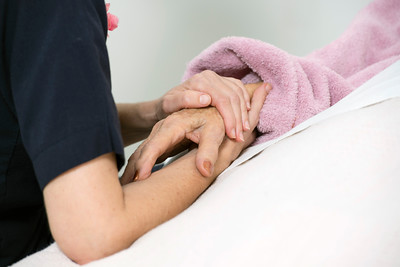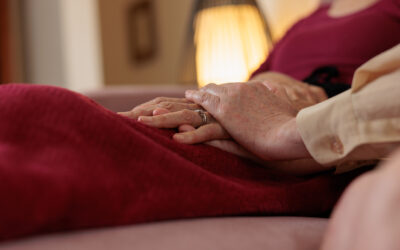Imagine for a moment that you are ill and that you need to go to hospital.
You have been up all night with a fever, feel sick, have a severe pain in your stomach that is just not going away no matter what painkillers you take and to top it all off you have just developed a headache. Your partner decides to drive you to the local hospital.
By the time you get to the emergency department you are exhausted and feel very vulnerable but have to answer what seems like a billion questions. Eventually, many hours later you are admitted to the hospital and taken to a ward.
A nurse greets you and welcomes you to the ward. They notice straight away that you look cold and in pain. They go and get you a warm blanket; in fact they get you two, as they know how cold it can get with the air conditioning. They next go and get you some pain relief and a toothbrush as you have not eaten or drunk anything for hours and your mouth feels like sandpaper.
They do all this without saying very much to you as they can see that you are exhausted.
They tell you that they are now going to let you sleep for a while before they come back and do more paperwork. They tenderly tuck you in, ensure you have the call bell and close the door so you can rest.
A little while later they come back to check on you and you are now ready to engage with them more and to answer their many questions. You feel safe, deeply nurtured and cared for in an unfamiliar environment where you are unsure about what is going to occur next.
People are admitted to hospital many times a day throughout the world and the care they receive is a pivotal part of their experience.
The simplicity of the care described above does not take any extra time or effort; it is the natural quality of nurses, their ability to see what is needed in any given moment. It does not require any special equipment. The paperwork gets done and the wheels don’t fall off the daily routine.



